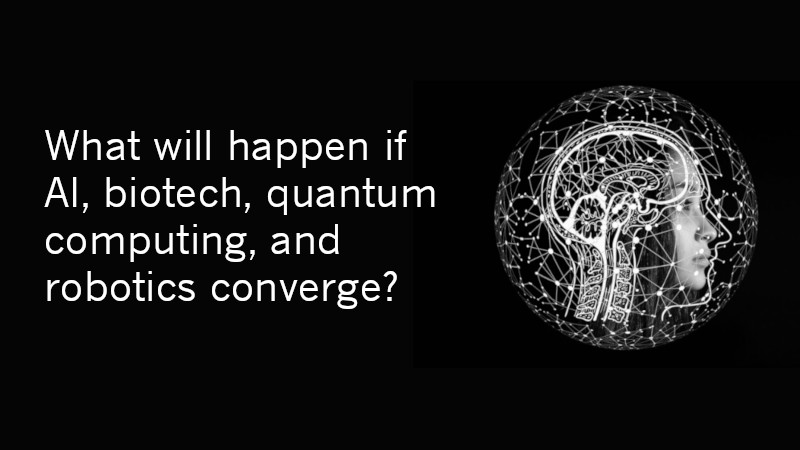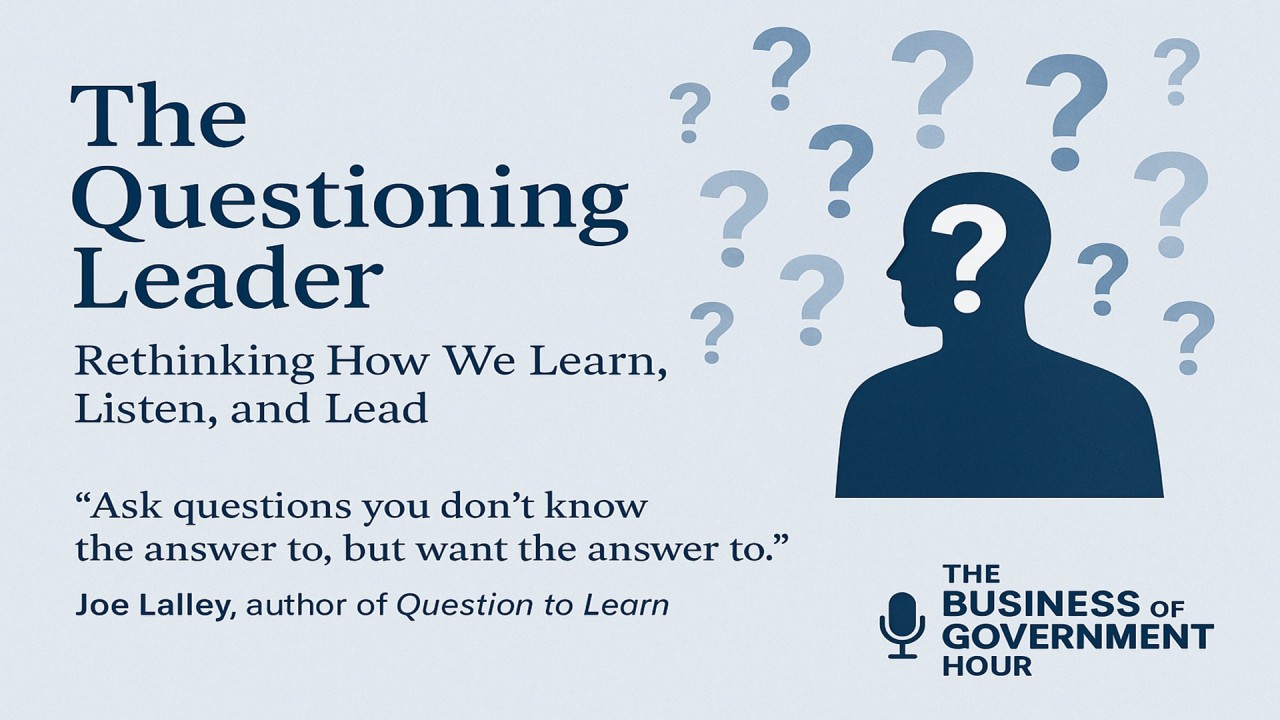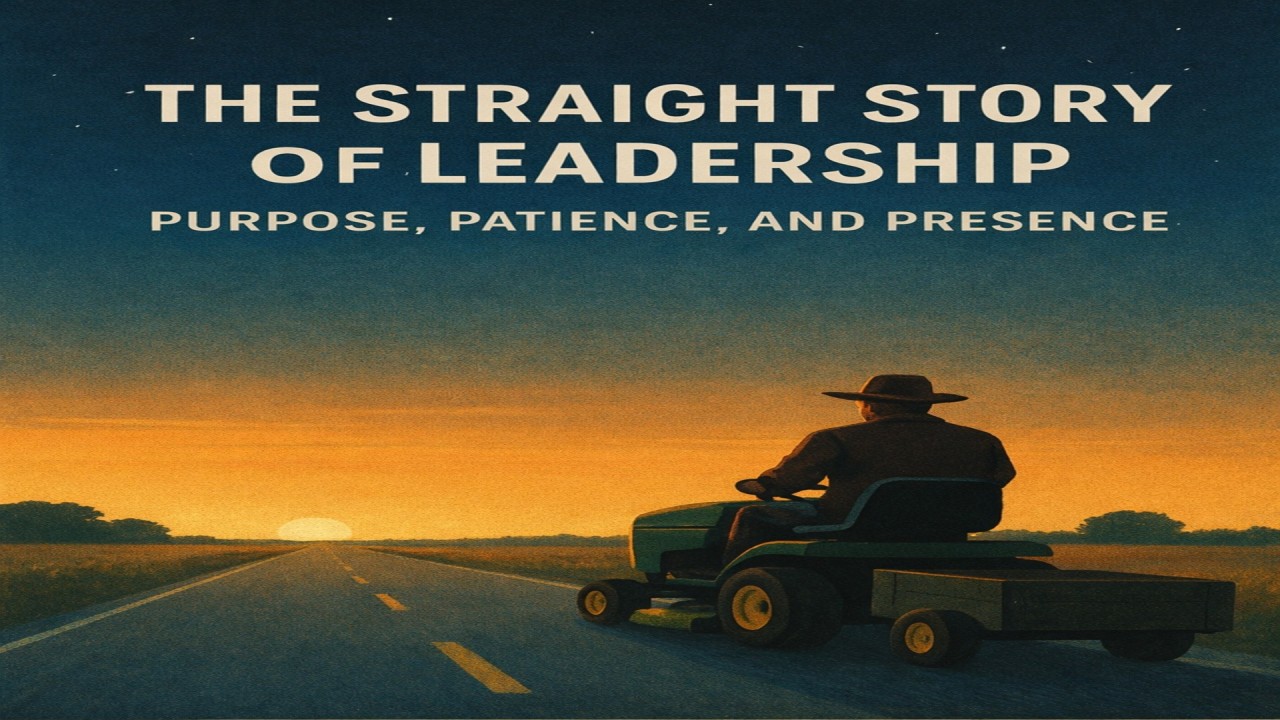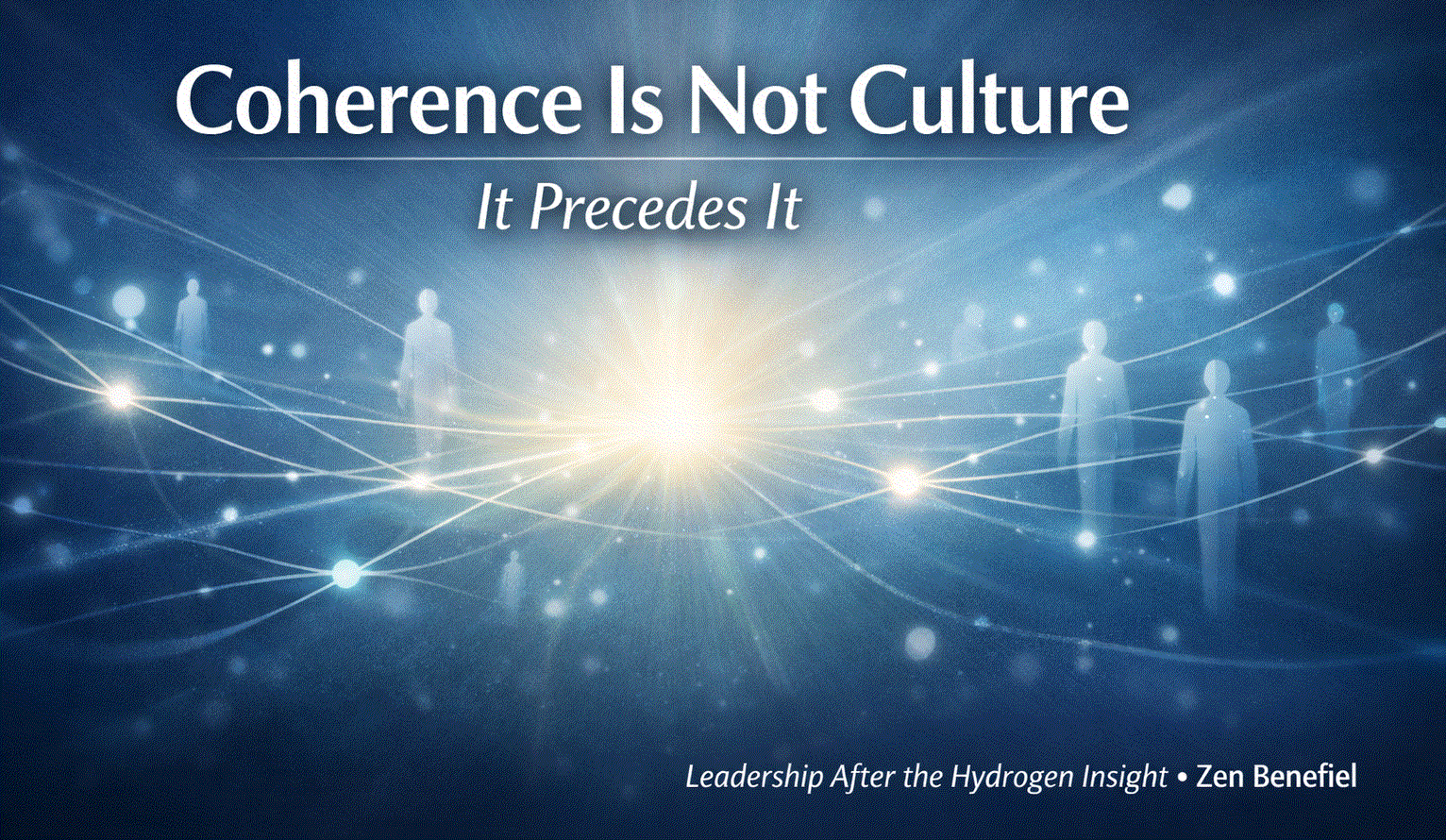May18

I started working in the tech industry in 1997. Ever since, the world has been full of buzz words, trends that have turned our world upside down very quickly, and a technological revolution that is just before us. All too often the forecasted hurricane of disruption turned into a soft breeze of slow change. Why do so many examples show massive gaps between the predictions of leading experts and reality? From my perspective, the main reasons are two:
Back in 1997, my first laptop, a Toshiba Satellite 310 CDT, was 2.18 inches thick. My next laptop was already half the size. While the first iPhone looked distinctly different from other mobile devices common back then, the iPhone 12 doesn’t look so different anymore—either from the previous model or from the competitors’ models. The same applies to my latest laptop. Most changes today are invisible—hidden within the code and technological back end. Our consumption-driven society expects innovations—not every couple of years but every couple of months—that are presented not with complicated explanations but in short and easily consumed information bites. We maneuvered ourselves into a Catch-22 of unfulfillable expectations sprinkled with a desire for sustainability—without, of course, changing any of our habits.
But perhaps even more critical to the question of why experts often think technological change will happen faster than it does is the massive difference between what’s technologically possible and what most people embrace. The benefits of new products are often overstated, and the inertia of the bulk of the broader population is underrated. A change in the mass market’s behavior and usage patterns is required before new technologies breakthrough and become mainstream.
Many of today’s technological breakthroughs are based on network effects. Social media is an excellent example. Being on Facebook, Twitter, or Instagram without your friends joining you doesn’t make any sense. The more your friends are on the same platform, the bigger your benefit.
This reason is one of two that explains why the technological revolution in front of us may be different. AI, biotechnology, genetic engineering, quantum computing, and nanotechnology don’t care about networking effects. Often, quite the opposite is true. The fewer people who use these new sorts of technologies, the more significant the competitive advantage for those who do.
The second indicator for significant change is that we don’t talk about single but rather about converging technologies. A small step forward in one field may lead to a breakthrough in another. Without warning, technology could move at lightning speed.
Will this revolution take place in the next couple of years or the next couple of decades? Nobody knows. But we should be better prepared because during the next technological revolution, we are not talking about technical features and breakthroughs but about fundamentals of life and humanity. This revolution will include connecting artificial with human intelligence, editing or optimizing human life via genetic engineering, and creating nanorobots that will become implemented in our bodies for medical treatments.
Covid-19 taught us that we can’t prepare for the unexpected. But we can prepare for the developments that leading experts and scientists predict. These predictions are what we should start with—not tomorrow, but today!
We would be well-advised to encourage as many people with as diverse backgrounds as possible to become active in the decision-making processes ahead of us. Too many think they are not capable of influencing the bigger picture. If everybody felt that way, a few would paint the bigger picture for us all—a picture that’s not likely to match our expectations. If we all contribute our little piece, the bigger picture of our future will become more significant, more colorful, and more beautiful than we can imagine.
Our future is up to all of us.
About the author
Thinkers360 recognized Felix Holzapfel as a Top 10 Global Thought Leader in Digital Transformation. During the last two decades, Holzapfel has been privileged to support many global players on their way to the digital age. While he has published several books about technology, trends, and the shift in our media landscape, Catch-42 is his first novel and a book he has wanted to write for a long time. Having sold his digital marketing agency to one of the world’s leading IT services providers, he now has time for this passion project.
To learn more, visit www.catch-42.com or www.felixholzapfel.com.
Keywords: AI, Digital Transformation, Future of Work
 Succession Planning is Hard because it’s Identity, Structure, and Systems All at Once
Succession Planning is Hard because it’s Identity, Structure, and Systems All at Once The Corix Partners Friday Reading List - February 13, 2026
The Corix Partners Friday Reading List - February 13, 2026 The Questioning Leader: Rethinking How We Learn, Listen, and Lead
The Questioning Leader: Rethinking How We Learn, Listen, and Lead The Straight Story of Leadership: Purpose, Patience, and Presence
The Straight Story of Leadership: Purpose, Patience, and Presence Coherence Is Not Culture — It Precedes It
Coherence Is Not Culture — It Precedes It